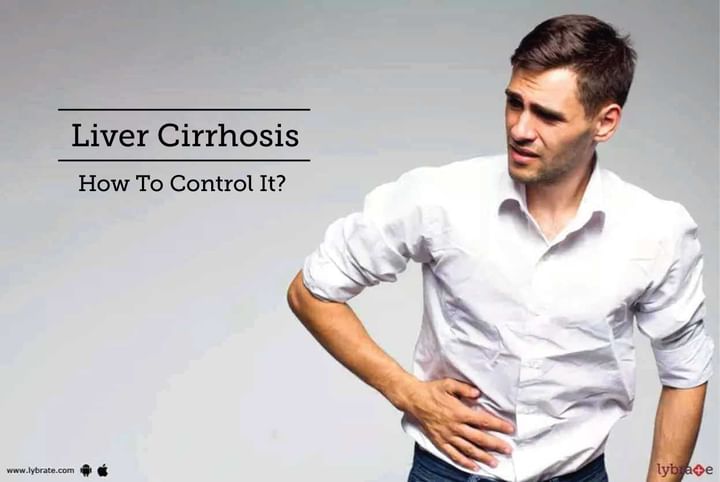Liver Cirrhosis - How To Control It?
Liver Cirrhosis is a medical condition that results in severe scarring (often permanent and irreversible) of the liver. While there can be a myriad of factors giving rise to cirrhosis (such as repeated liver injury or unhealthy diet), the most common triggers include Hepatitis B, Hepatitis C, Alcohol, NASH (non-alcoholics teatohepatitis ). In addition to interfering with the healthy functioning of the liver, cirrhosis also gives rise to many serious and life-threatening complications such as Blood vomiting, Jaundice, Ascites (a condition characterized by an increased build-up of fluids in the abdomen), Hepatic Encephalopathy, Edema, Splenomegaly. In some men, cirrhosis can even give rise to Breast enlargement and Testicular Atrophy.
Preventive measures to manage Cirrhosis and the associated complications
In the case of cirrhosis triggered by Hepatitis, medications are used to treat the viral infection thereby avoiding any further liver damage.
- In people with cirrhosis resulting from alcohol abuse, the effectiveness of the treatment depends on how quickly a person can give up drinking (In some cases, the affected individual may have to undergo rehabilitation programmes to stop drinking). In addition to drinking, it is also beneficial to quit smoking as well.
- For excess fluid retention on the body, in addition to the medications (such as diuretics and antibiotics), doctors often recommend a low-sodium or low-salt diet. The use of a TIPS (Transjugular Intrahepatic Portosystemic Shunt) can also contribute to slow down the fluid build-up in the body.
- Medications may also be used to treat a host of serious complications (triggered by cirrhosis) such as Hepatic encephalopathy, weakness, itching, bruising, infections to provide some relief.
- However, in case of severe or complete liver damage and failure (advanced cirrhosis), a liver transplant may be recommended. A liver transplant, as indicative of the name, involves replacing the damaged or diseased liver of the recipient with a healthy liver from the donor.
Unfortunately, once the liver has been scarred, there is little that can be done to reverse the damage. However timely diagnosis and treatment in the form of liver transplant can ensure long-term survival in these life-threatening illness. Cirrhotics should be under the regular follow-up to prevent the development of complications and timely referral for transplant. A damaged, cirrhotic liver is a fertile ground for the development of hepatocellular cancer(HCC).
Routine imaging on follow-up is important to diagnose HCC at an early, curable stage. These patients require liver transplant at the earliest. Also, regular upper GI endoscopy and variceal banding should be done to prevent the development of life-threatening hematemesis ( Varieal bleeding ).
Severity of Cirrhosis can be estimated by two scoring tools easily available on smartphones. Child Turcotte pugh(CTP)’s scoring system , Child’s Stage and MELD scoring system . CTP score of >7 , Child B or MELD > 15 are candidates for liver transplant. Patient with decompensation(Hepatocellular cancer , Upper GI Bleed, Encephalotpathy, Refractory ascites, Hepato-renal syndrome, Hepatopulmonary syndrome) are candidates for liver transplant.
Some other healthy modifications to control cirrhosis include
- Choose your foods with care. Avoids foods that are high in sodium or are salty. Processed, canned, smoked, Barbecued foods, baked beans, ham, salami, bacon, caffeinated beverages, are best left avoided.
- Increase your intake of fresh fruits, vegetables, foods rich in proteins. Having a large meal may be difficult in the case of cirrhosis. Instead, have small meals at regular time intervals.
- Some of the medicines such as Aspirin, NSAIDs (Advil, Aleve), Tylenol, can aggravate the liver damage. Thus, never have these medicines without consulting a physician.
- It is also necessary to get vaccinated against some of the viral infections including Hepatitis (A and B), influenza, pneumonia.



+1.svg)
